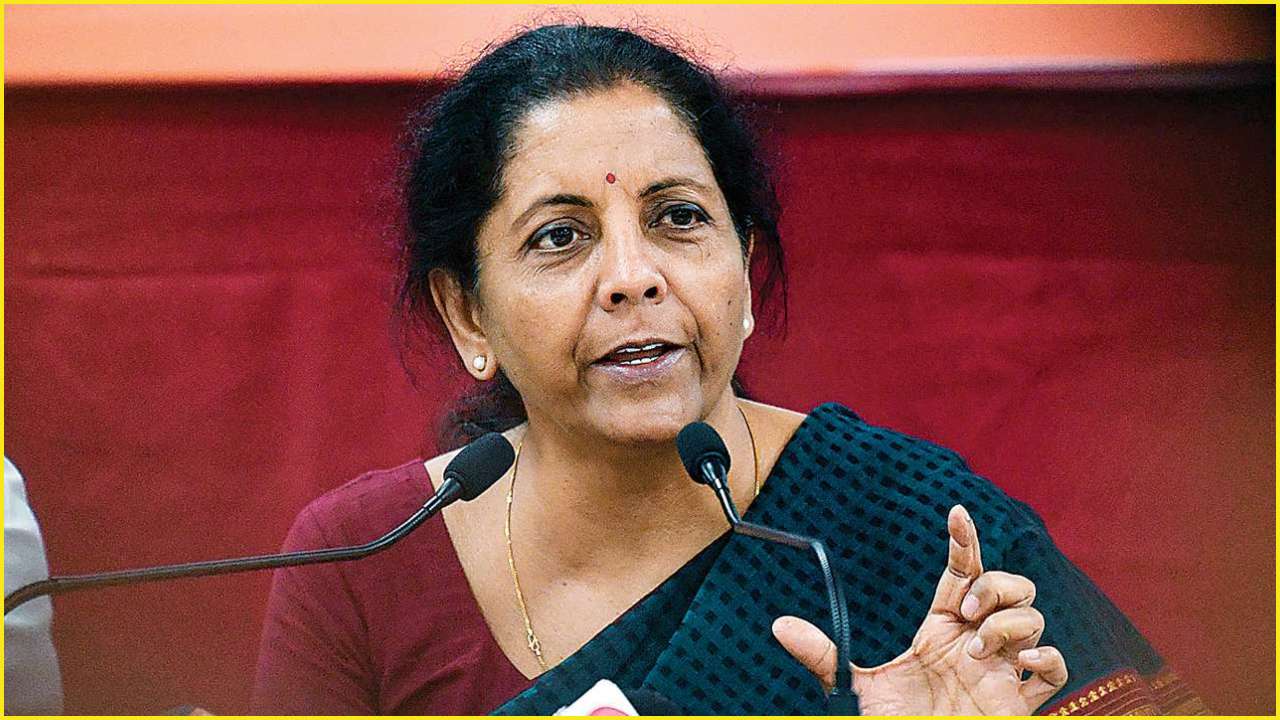The biggest challenge with the insolvency ecosystem in India has been the unpredictability in outcome for the creditor.
Speaking at the sixth anniversary of the Insolvency and Bankruptcy Board of India (IBBI) on 1 October, Finance Minister Nirmala Sitharaman said that the country could not afford to lose the “sheen” of its insolvency law. Especially when the Prime Minister is looking at the next 25 years of India to emerge as a developed country by 2047, India needs to step up and set up all that it takes to make its insolvency framework robust. After all, insolvency is central to a country’s economic development.
But IBC seems to be vesting on a burning piece of paper. The law remains among the most significant laws that the Narendra Modi government
The biggest challenge with the insolvency ecosystem in India has been the unpredictability in outcome for the creditor. Tribunals have not taken a consistent stance when it comes to interpreting the IBC and its provisions. For instance, last year, the Kochi Bench of NCLT Kerala passed an order for admitting an application filed by the operational creditor under the IBC and made observations relating to admitting cases where default was less than INR 1 crore. This is in contrast to the stand taken on the same issue by the Delhi and Chennai Benches of the tribunal. This is just one example. There are several issues not only within the Code that lack consistent approach by the courts, but also when the Code comes to interact with other laws such as PMLA or arbitration laws, etc. Legal predictability is key to the rule of law, which itself is central to the economic growth of a country.
Currently, conflicting insolvency rules and lack of clarity are holding back the Indian capital market. These conflicting rules are causing uncertainty among investors, discouraging cross-border investment and delaying restructuring of companies facing financial difficulty. They also make it harder to address India’s high levels of non-performing loans, which represent a real challenge to the banking sector’s stability. There are studies that underscore the very strong correlation between measures of debt enforcement and broader measures of public sector and regulatory performance.
Another problem with the insolvency ecosystem is the lack of sectoral approach. In law, one size fits all approach is not only detrimental but fatal. In one of the studies that I did for the IBBI, it was found that service sectors and real estate sectors take more time for resolution than others such as retail or logistics. Thus, we need to step back and theorise different insolvency framework for different sectors. Whether the amendments done in IBC have been economically and legally beneficial is not known. Some amendments took IBC several steps backward. For instance, increasing the default threshold to Rs 1 crore. While this did prevent some companies from being pushed into insolvency during Covid and also prevented the arm twisting of the promoters by the operational creditors, the “behavioural nudge” that IBC provided for defaults as low as Rs 1 lakh and thereby disciplining the debtors took a back seat. Initial hesitancy not to allow success fees for IPs failed to place the incentives right. Currently, there is a complete vacuum in law when it comes to providing the resolution for banks and FSPs. The Capetown convention too needs to be fully ratified. While introducing prepacks, the pilot was done with MSMSEs, whereas the actual beneficiaries of this would have been non MSMSEs.
Now there is a latest amendment that the IBBI is set to propose permitting insolvency professional entities (IPEs) to act, as individual resolution professionals is again a hasty move. While it is hoped that this will bring in more domain expertise and pave the way for foreign entities to enter the Indian market who have lost their interest in recent times, it will lead to greater governance challenges. Imputing liability on an entity over an individual for judiciary, which is still learning with each case, will not be easy. Expecting this amendment to provide for better governance framework without clarifying the governance norms for such IPEs is wishful. Soon there will be cases leading to accountability conundrum.
New India needs a bold insolvency framework that allows business to flourish and fail with equal ease. IBC reforms need a new mindset that allows the government to make rules that are liberal and creates confidence in the market. The starting point should be rewrite the IBC on a new paper.
Dr Neeti Shikha teaches at the University of Bradford, UK. She has been the founding head, Centre for Insolvency and Bankruptcy, IICA, MCA.

